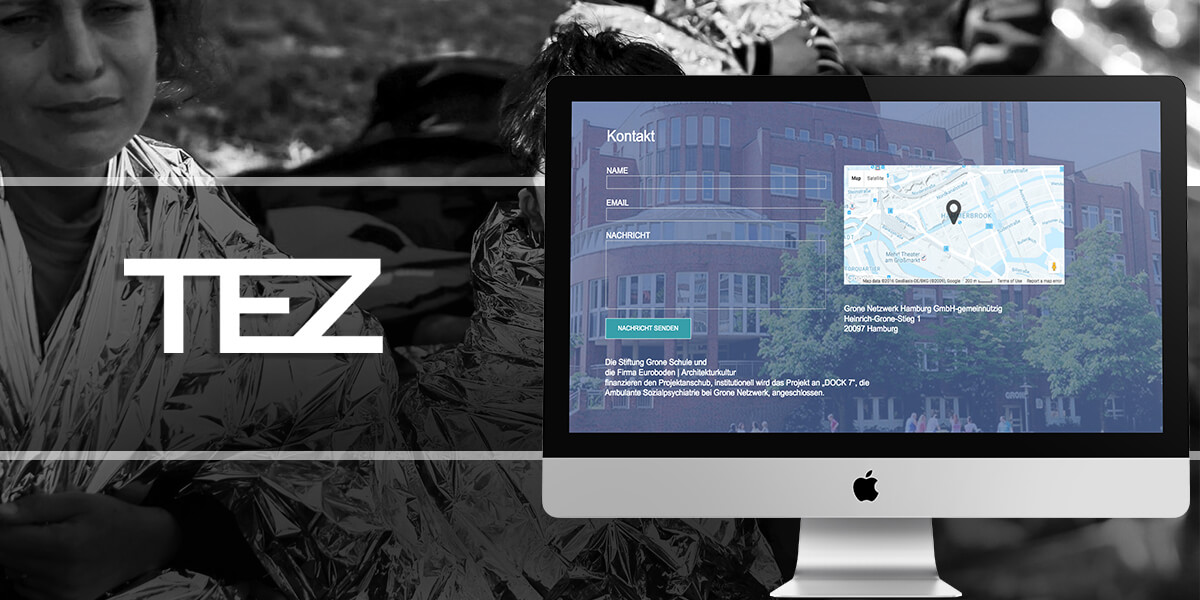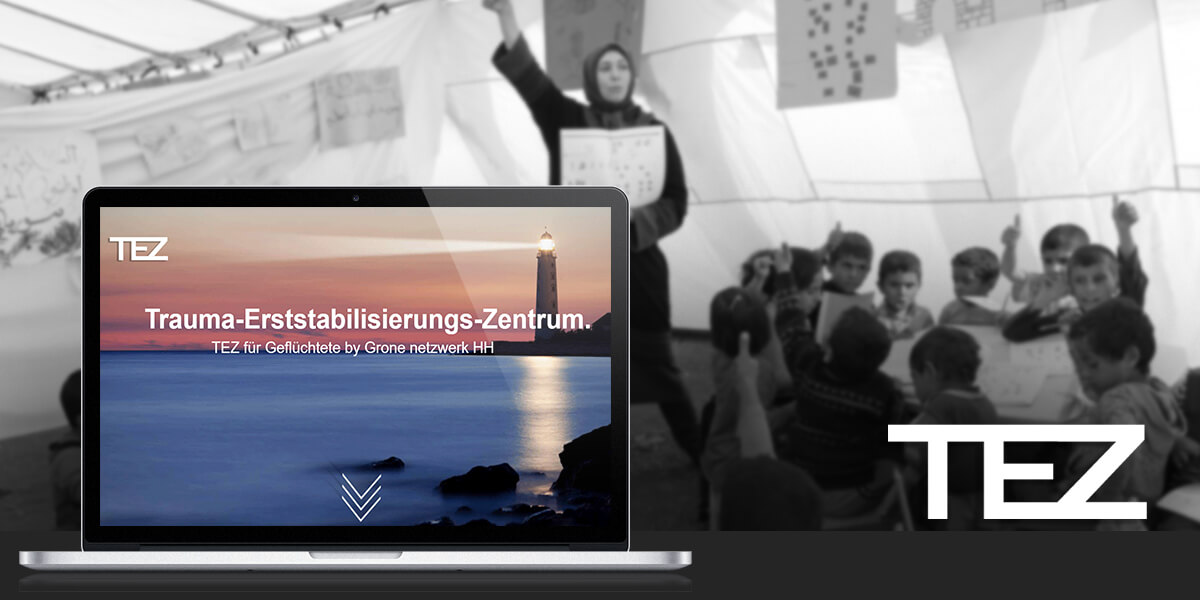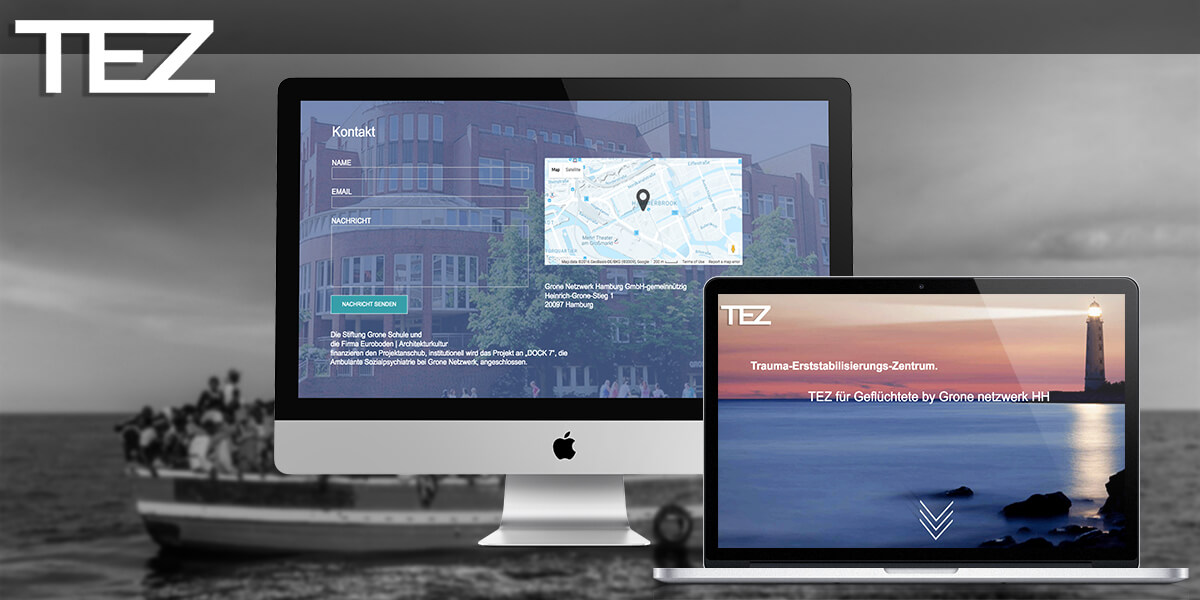Project Description
2015 in Hamburg 22,300 refugees immigrated, which have 21,000 accommodation needs, of which 1,570 unaccompanied refugee . In the initial reception for Escaped whether unaccompanied youths or adults (some with family), people live normally without privacy in large Rooms or gyms in a confined space. The potential for aggression is difficult to control, especially for traumatized children, for the educational staff.
Particularly the refugees from war and crisis zones,
currently come especially Syria, Iran, Iraq, Afghanistan, Somalia, Eritrea, fleeing suffered violent and / or life-threatening experiences in the country of origin and during trauma, the so-called “post-traumatic stress disorder” (PTBS).
This means that in the primary care accommodation in HH, these refugees can be much more difficult to control their aggression than those who can be reached verbally and rationally by means of an interpreter.
In the case of PTBS, certain areas in the brain are switched off at short notice, the affected persons either lose their pulse control and become highly aggressive or pull themselves back, without crying or reacting without drive and emotions. For the primary care facilities, this means an immense burden of everyday life, since residents with PTBS can not be reached in such situations and thus have to be influenced.








